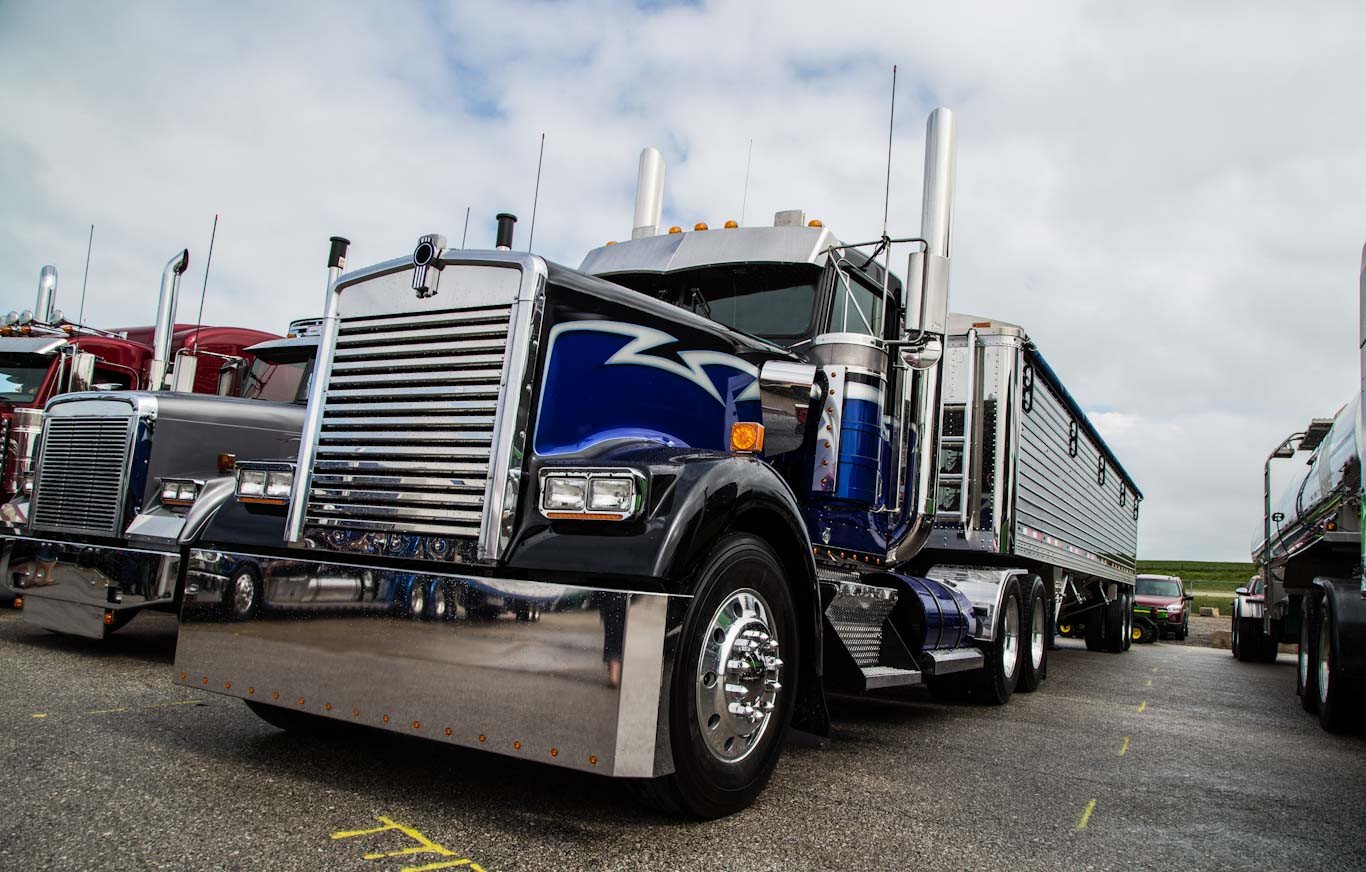Navigating the Tax Highway: Tips to Minimize IRS Audits for Truckers
Feb 06, 2024 in Tips and TricksIn the world of trucking, navigating the open road is second nature. But when it comes to taxes, the path isn't always as clear. For truckers, avoiding an IRS audit is crucial to maintaining financial stability and peace of mind. Fortunately, there are strategies to minimize the chance of facing an audit while ensuring compliance with tax regulations. Let's explore some practical tips to keep your tax journey smooth and audit-free.
-
Keep Impeccable Records: The foundation of a bulletproof tax strategy for truckers is meticulous record-keeping. Maintain detailed logs of mileage, expenses, fuel purchases, maintenance costs, and any other relevant financial transactions. Utilize digital tools or apps designed for truckers to streamline this process and ensure accuracy.
-
Stay Current with Tax Laws: Tax laws and regulations are subject to change, and it's essential to stay informed about any updates that may affect your filing requirements. Consider consulting with a tax professional specializing in transportation to ensure compliance and optimize your tax strategy.
-
Separate Personal and Business Expenses: Keep personal and business finances separate to avoid any confusion or red flags during an audit. Maintain dedicated bank accounts and credit cards for business expenses, and refrain from using business funds for personal purposes.
-
File Accurate and Timely Returns: Filing accurate tax returns on time demonstrates compliance and reduces the likelihood of triggering an audit. Double-check all information before submitting your return, including income, deductions, and credits. If you anticipate any delays or difficulties in filing, consider filing for an extension to avoid penalties.
-
Document Deductions and Expenses: Claiming legitimate deductions and expenses is your right as a taxpayer, but be prepared to substantiate them in case of an audit. Keep receipts, invoices, and other supporting documents organized and easily accessible. Avoid exaggerating or fabricating expenses, as this can raise suspicion and increase audit risk.
-
Seek Professional Guidance: When in doubt, don't hesitate to seek professional guidance from a qualified tax advisor or accountant specializing in trucking taxation. They can provide personalized advice tailored to your unique situation, helping you navigate complex tax laws and maximize deductions while minimizing audit risk.
-
Be Transparent and Cooperative: In the event of an audit, transparency and cooperation are key. Respond promptly to any IRS inquiries, provide requested documentation, and communicate openly with auditors. Maintaining professionalism and honesty throughout the audit process can expedite resolution and mitigate potential penalties.
-
Review and Learn from Past Audits: If you've been audited in the past, take the opportunity to review the audit findings and learn from any mistakes or areas of concern. Use this knowledge to strengthen your tax compliance practices and minimize the risk of future audits.
Minimizing the chance of an IRS audit for truckers requires diligence, attention to detail, and proactive tax planning. By keeping accurate records, staying informed about tax laws, separating personal and business finances, filing accurate returns, documenting deductions, seeking professional guidance when needed, being transparent and cooperative during audits, and learning from past experiences, truckers can navigate the tax highway with confidence and peace of mind.
Remember, the goal isn't just to avoid audits—it's to ensure compliance while maximizing tax savings and financial security. With the right strategies and mindset, truckers can successfully navigate the complexities of taxation and keep their financial journey on the right track.



